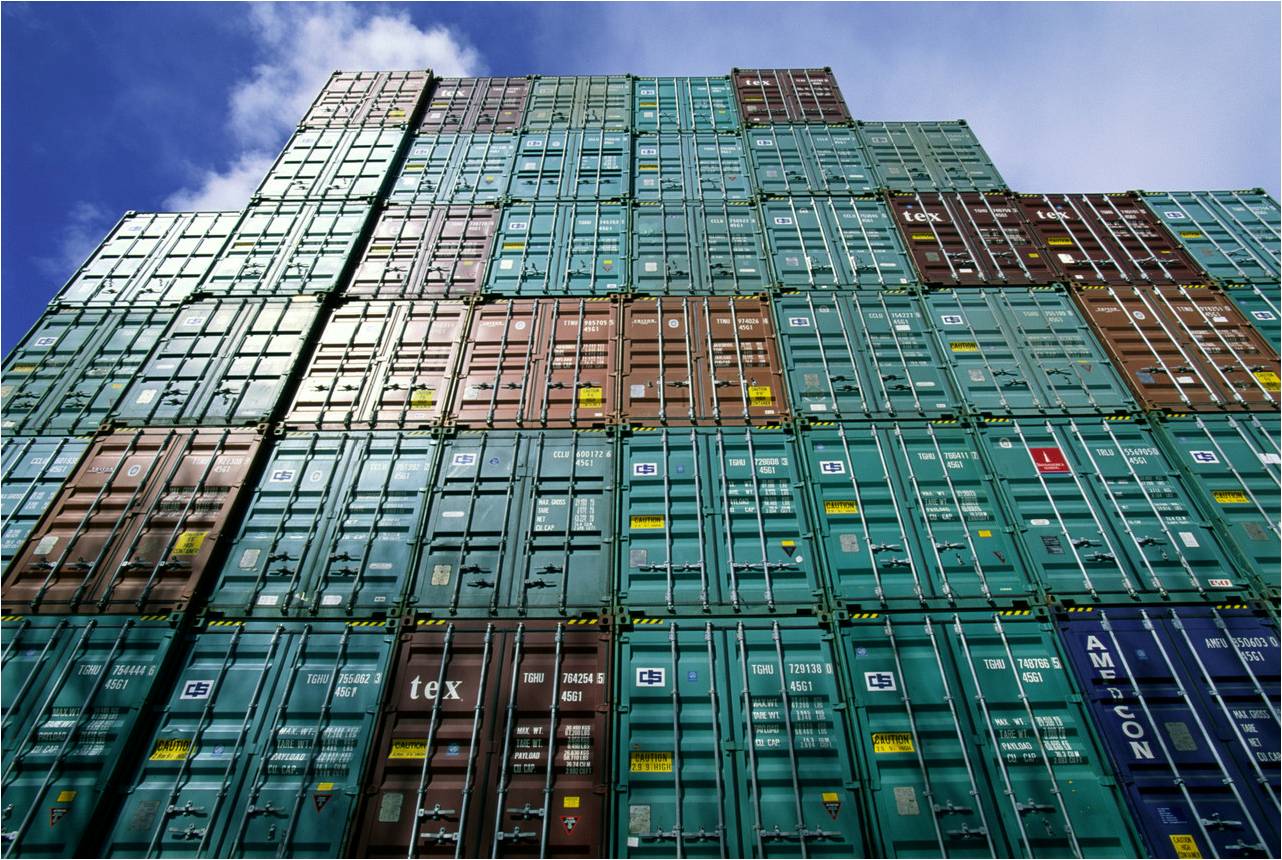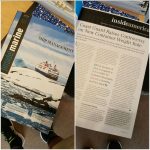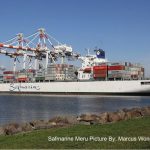FMC Brings Together Private Sector to Fight Port Congestion
 They’re ugly words that have become all too common when discussing international shipping: Port Congestion.
They’re ugly words that have become all too common when discussing international shipping: Port Congestion.
However, congestion at U.S. ports has to be discussed, so action can be taken to fight it.
Action is what the Federal Maritime Commission (FMC) is looking for as it launched an initiative Tuesday bringing together industry leaders from 34 companies to work together in “Supply Chain Innovation Teams” to develop process innovations that will improve the reliability, resilience, and competitiveness of America’s global supply chain.
Teams included leaders from across the industry, including port representatives like the Port of Los Angeles, Port of Long Beach, Port of New York, and Port of New Jersey; big shippers like IKEA, Best Buy, and Walmart; carriers and railway companies like Maersk, MSC, and BNSF Railway; trade associations and unions like the National Retail Federation and the ILWU; advisors such as Texas A&M, MIT’s Center for Transportation and Logistics, SUNY Maritime…
The list goes on and on.
Bottom line, all these leaders who have a stake in the international shipping industry came together to create actionable steps toward combating congestion at U.S. ports.
The Supply Chain Innovation Teams Initiative is led by FMC Commissioner Rebecca F. Dye.
Instead of the FMC trying to solve the problem itself or create regulations that may or may not have a positive effect on the supply chain, it is getting those who have money on the line, and are therefore motivated to address supply chain efficiency, to come up with port congestion solutions.
Industry leaders were grouped into small teams, working together to come up with various actionable steps for a more efficient supply chain.
“The innovation team approach focuses on obstacles to the smooth flow of cargo in our $980 billion annual export and import containerized trade,” said Dye. “We are not offering an ‘FMC solution’ to congestion-related problems. Rather, we are acting as a catalyst for committed teams of major company leaders as they exchange ideas and debate creative proposals for supply chain improvements. The nonpublic, small team effort is conducive to robust engagement among team members.”
“This is not a ‘quick fix’ to complex, systemic supply chain congestion problems, but I am confident the approach we’re taking will produce beneficial results,” Dye also said. “We expect our teams to move beyond a discussion of problems to a plan of action.”
There is not a shipper out there who does not hope to see positive results from this FMC initiative. Of course, expectations should be tempered by the reality that coming up with solutions and implementing them are two very different challenges.
Still, Dye certainly brings optimism:
“Our team members are experienced and talented, and I have great confidence that they’ll rise to the challenge.”
At the very least, the FMC should be commended for leading this charge to see U.S. imports and exports ship smoother.
![]()
Source: UC Blog




